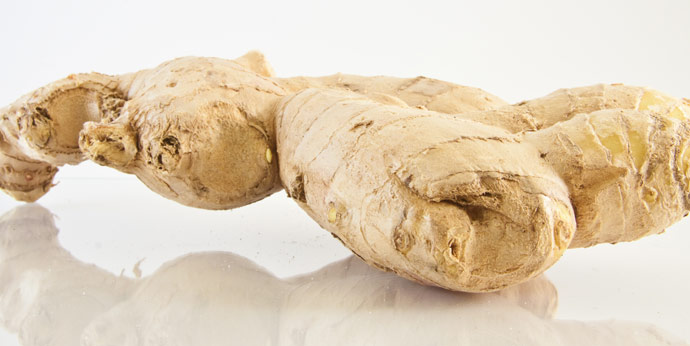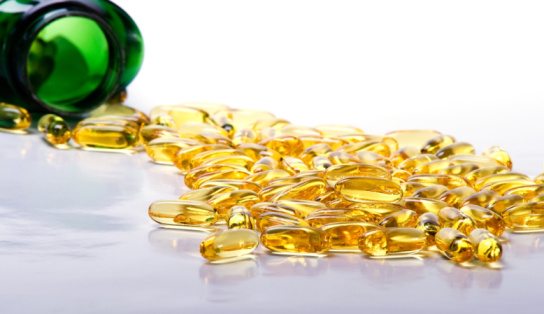by Dr. Michael Murray | Feb 12, 2019 | Digestion, Health Conditions, Most Recent, Natural Facts, Weekly Health Tips
Introduction More than 15 million Americans currently use proton pump inhibitors, or PPIs, to treat heartburn due to gastroesophageal reflux disease (GERD). The drugs come in either in prescription or over-the-counter forms, including well-known names like Prevacid,...

by Dr. Michael Murray | Jan 8, 2019 | Healing Food Facts, Health Conditions, Most Recent, Natural Facts, Weekly Health Tips
Introduction One of the biggest mistakes that people with diabetes or desiring weight loss do is stay away from fruit. While it is true that fruits contain natural sugars that have the potential to stress blood sugar control, they are also rich in fiber, antioxidants,...

by Dr. Michael Murray | Oct 24, 2016 | Most Recent, Weekly Health Tips
Does ginger work as well as prescription drugs for migraines? New research shows that it does. Migraines are estimated to affect more than 28 million Americans. These headaches are caused by excessive dilation of blood vessels in the head and are characterized by a...

by Dr. Michael Murray | Jul 17, 2015 | Immune System, Weekly Health Tips
These five antiviral herbs and nutrients are safe enough to take every day—and strong enough to prevent colds and flu While there really isn’t any single magic bullet that can immediately restore immune function, there are certain nutrients that offer a powerful...

by Dr. Michael Murray | Jul 10, 2015 | Weekly Health Tips
Your body simply doesn’t function properly without omega-3 fatty acids—here’s why One of the major advances in nutritional medicine has been the ability to produce a fish oil supplement that is a highly concentrated source of omega-3 fatty acids and also free from...

by Dr. Michael Murray | Jul 3, 2015 | Weekly Health Tips
As we age, it’s critical to ensure we have enough of this key protein Collagen—along with hyaluronic acid—forms the “intracellular cement” that literally holds us together. There are several different types of collagen, but type II is by far the most abundant in our...







